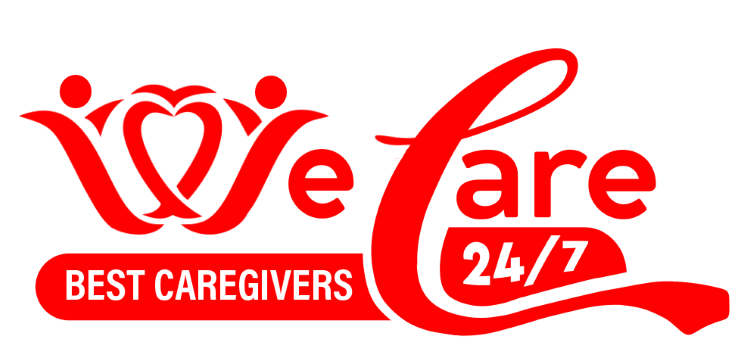Managing Chronic Conditions in New Jersey: A Guide for Seniors and Caregivers

Navigating Health Challenges in the Garden State
As we age, our bodies often experience new health realities. For many New Jersey seniors, this includes managing one or more chronic conditions. Conditions like diabetes, heart disease, arthritis, and COPD can significantly impact daily life, independence, and overall well-being. However, with the right strategies and support, it is entirely possible to live a fulfilling and active life while effectively managing these long-term health challenges.
This post is designed to empower New Jersey seniors, their adult children, and dedicated caregivers with practical tips and insights for navigating chronic conditions. We believe that informed choices and proactive steps are key to maintaining health and quality of life right here in the Garden State.
Understanding Chronic Conditions and Their Impact on NJ Seniors
Chronic conditions are long-lasting health issues that often require ongoing medical attention and limit daily activities. They are prevalent among older adults, and New Jersey’s senior population is no exception. According to the New Jersey Department of Health, chronic diseases are a leading cause of disability and death in the state, with a significant percentage of seniors living with multiple conditions.
Common chronic conditions affecting NJ seniors include Type 2 Diabetes, hypertension (high blood pressure), osteoarthritis, heart failure, and chronic obstructive pulmonary disease (COPD). Each of these can present unique challenges, from managing medication schedules and dietary restrictions to coping with mobility limitations and fatigue.
Why Proactive Management Matters
Taking a proactive approach to managing chronic conditions is paramount. Effective management can prevent serious complications, reduce hospitalizations, and enhance daily comfort. It allows seniors to maintain their independence for longer, continue engaging in activities they enjoy, and experience a higher quality of life. For families and caregivers, understanding and supporting this management is a vital component of compassionate care.
Essential Strategies for Effective Chronic Disease Management
A multi-faceted approach is most effective when managing chronic conditions. It involves a partnership between the individual, their healthcare providers, and their support network.
1. Regular Medical Consultations and Medication Adherence
Consistent communication with your doctor is foundational. Schedule regular check-ups, follow-up appointments, and discuss any new symptoms or concerns promptly. Your healthcare provider can adjust treatment plans, provide referrals, and offer guidance tailored to your specific needs.
Medication adherence is equally vital. Missing doses or taking medications incorrectly can lead to complications and negate their intended benefits. Use pill organizers, set phone reminders, or ask a family member or in-home care professional to assist with medication management. Many New Jersey pharmacies also offer blister packing services or automated refill programs to simplify this process.
2. Healthy Lifestyle Choices
Lifestyle plays a significant role in managing many chronic conditions. Small, consistent changes can yield substantial benefits.
- Balanced Nutrition: Focus on a diet rich in fruits, vegetables, lean proteins, and whole grains. Reduce intake of processed foods, excessive sodium, and added sugars. Explore local New Jersey farmers’ markets for fresh, seasonal produce that can make healthy eating more enjoyable. Resources from organizations like the Rutgers Cooperative Extension offer valuable nutritional advice specific to NJ residents.
- Regular Physical Activity: Even gentle exercise can improve circulation, strengthen muscles, reduce stress, and boost mood. Consult your doctor about appropriate activities, such as walking in one of New Jersey’s many beautiful parks, light stretching, or chair exercises. Many New Jersey senior centers also offer fitness programs designed for various mobility levels.
- Adequate Sleep: Aim for 7-9 hours of quality sleep per night. Poor sleep can exacerbate chronic pain, affect mood, and weaken the immune system. Establish a consistent sleep schedule and create a relaxing bedtime routine.
3. Monitoring and Tracking Your Health
Being an active participant in your health management means monitoring key indicators. This could include daily blood sugar readings for diabetes, blood pressure measurements for hypertension, or tracking symptoms like pain levels or fatigue.
Utilize home monitoring devices as recommended by your doctor. Keep a log of your readings and any notable symptoms to share with your healthcare team during appointments. This data provides valuable insights into your condition’s progression and the effectiveness of your treatment plan.
4. Stress Management and Emotional Well-being
Living with a chronic condition can be emotionally taxing, often leading to stress, anxiety, or depression. Addressing your emotional well-being is as important as managing physical symptoms.
Engage in activities you enjoy, practice mindfulness or meditation, and connect with loved ones. Support groups for specific conditions are available across New Jersey and can provide a safe space to share experiences and coping strategies. Don’t hesitate to seek professional help if you’re struggling with persistent feelings of sadness or hopelessness. Mental health services are increasingly integrated into primary care and community programs throughout the state.
5. Building a Strong Support Network
You don’t have to manage chronic conditions alone. A robust support network can make a significant difference. This includes family, friends, and professional caregivers.
- Family & Friends: Encourage loved ones to learn about your condition and how they can offer practical or emotional support. They can assist with appointments, meal preparation, or simply provide companionship.
- Community Resources: New Jersey offers various senior services, from county-level Offices on Aging to local senior centers. These resources can connect you with transportation, meal programs, and social activities. Explore organizations like the New Jersey Department of Human Services, Division of Aging Services for comprehensive information.
- Professional In-Home Care: For many NJ seniors, professional in-home care offers tailored support. Caregivers can assist with medication reminders, meal preparation, personal care, light housekeeping, and transportation to appointments. They provide companionship and ensure safety, allowing seniors to remain comfortable and independent in their own homes. This can be especially valuable for adult children living out of state or those balancing their own family and work responsibilities.
When to Consider Professional In-Home Care in New Jersey
If managing chronic conditions becomes overwhelming, or if you notice a decline in a loved one’s ability to safely and effectively manage their health, it may be time to consider professional in-home care. Signs that professional support could be beneficial include:
- Difficulty adhering to medication schedules.
- Challenges with meal preparation or maintaining a healthy diet.
- Reduced mobility or increased risk of falls.
- Isolation or signs of depression.
- Family caregivers feeling overwhelmed or burned out.
A reputable New Jersey home-care agency can assess specific needs and create a personalized care plan. This support can alleviate the burden on family members while ensuring the senior receives consistent, professional assistance with their daily health management.
Embrace a Healthier Tomorrow
Managing chronic conditions well is an ongoing journey, but it is one that New Jersey seniors can navigate successfully with the right tools and support. By embracing proactive health strategies, staying connected with healthcare providers, and utilizing available community and professional resources, you can maintain your independence and enjoy a vibrant life in the Garden State. If you or a loved one are exploring options for comprehensive in-home support, we encourage you to reach out to learn how our dedicated caregivers can make a positive difference in managing chronic health conditions effectively.



